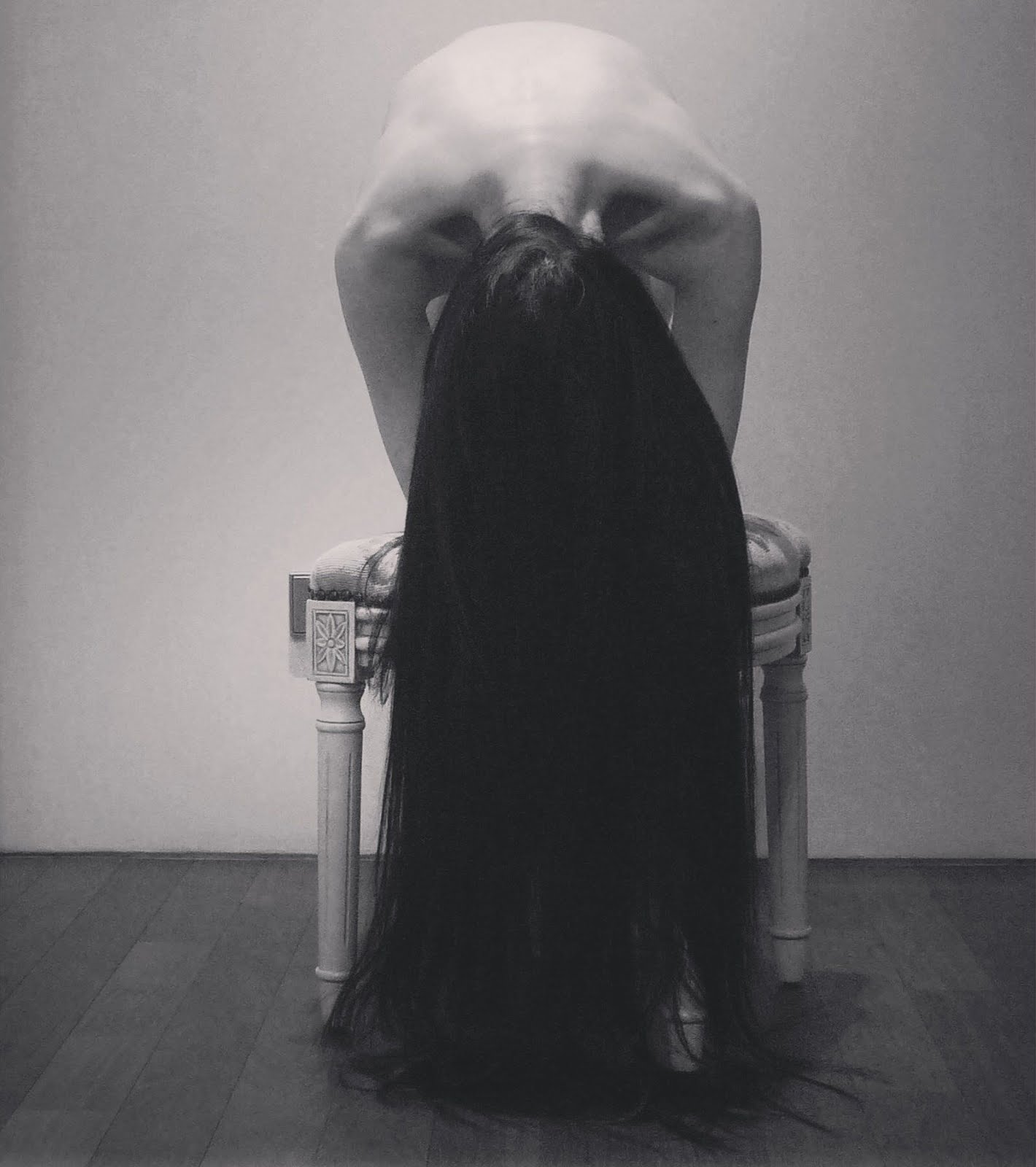I was in high school when I read Rilke for the first time, in an underground “indie” bookstore (a real treasure trove for books) near the National University of Taiwan—an area full of “book caves” and “sequestered nooks for books”—catering for university students and academics alike. It was his Duino Elegies translated into Chinese by a famous poet, and my love affair with Rilke thus began. The verses were heartrendingly powerful in such a way that I was instantly blown away.
My senior high school years were a time I do not care much to remember: the first thing I would do after school everyday, was to go straight into a bookstore—only then would I feel able to breathe. But it was also during that time when I started writing poetry intensely, and my passion for poetry bloomed like wild roses as if they knew there were no tomorrow.
 |
| English translation by Stephen Mitchell (my personal favourite translator of Rilke’s works), from the First Elegy of Duino Elegies, Shambhala Publications, Inc., 1992. |
+ca.1500-1550CE.jpg) |
| ʻA Guardian of the Kingdom’ from a Persian version of Qazwini’s ʻAjāʼib al-makhlūqāt wa-gharāʼib al-mawjūdāt,’ “The marvels of creation and the oddities of existence,” commonly known as “The cosmography of Qazwini,” circa 1500-1550 CE. (image via) |
A poem is to be developed from these musings and words which arrived this early evening, and something has been on the back of my mind for quite some time—to work on “Dialogue Poetry”—quite a special genre both in a literary and visual/aesthetic sense.
So, for now, to be continued...
♪
The fifty poems that were published by Albert Giraud (born Emile Albert Kayenbergh) as Pierrot lunaire: Rondels bergamasques in 1884 quickly attracted composers to set them to music, especially after they were translated, somewhat freely, into German (1892) by the poet and dramatist Otto Erich Hartleben. (Hartleben later went on to write his own Pierrot poems—"The Harp" and five rondels titled Pierrot, Married Man.) The best known of these settings is the atonal song-cycle derived from twenty-one of the poems (in Hartleben's translation) by Arnold Schoenberg in 1912: Dreimal sieben Gedichte aus Albert Girauds Pierrot lunaire (Thrice-Seven Poems from Albert Giraud's Pierrot lunaire—Schoenberg was numerologically superstitious). But the poems have dense histories as songs and sets of songs both before and after Schoenberg's landmark Opus 21. The bullet-point that follows lists early twentieth-century musical settings chronologically and notes how many poems were set by each composer (all, except Prohaska's, are in the Hartleben translations) and for which instruments.
Pfohl, Ferdinand: 5 poems ("Moon-rondels, fantastic scenes from 'Pierrot Lunaire'") for voice and piano (1891); Marschalk, Max: 5 poems for voice and piano (1901); Vrieslander, Otto: 50 poems for voice and piano (46 in 1905, 4 more in 1911); Graener, Paul: 3 poems for voice and piano (c. 1908); Marx, Joseph: 4 poems for voice and piano (1909; 1 of 4, "Valse de Chopin", reset for voice, piano, and string quartet in 1917); Schoenberg, Arnold: 21 poems for speaking voice, piano, flute (also piccolo), clarinet (also bass clarinet), violin (also viola), and violoncello (1912); Kowalski, Max: 12 poems for voice and piano (1913); Prohaska, Carl: 6 poems for voice and piano (1920); Lothar, Mark: 1 poem for voice and piano (1921).
*extract of information on Pierrot Lunaire via Wikipedia





No comments:
Post a Comment